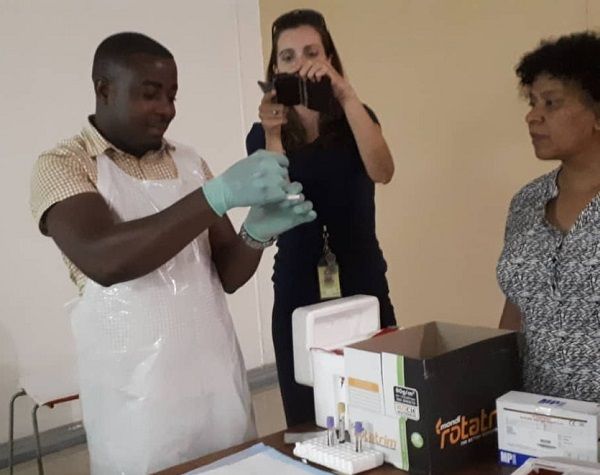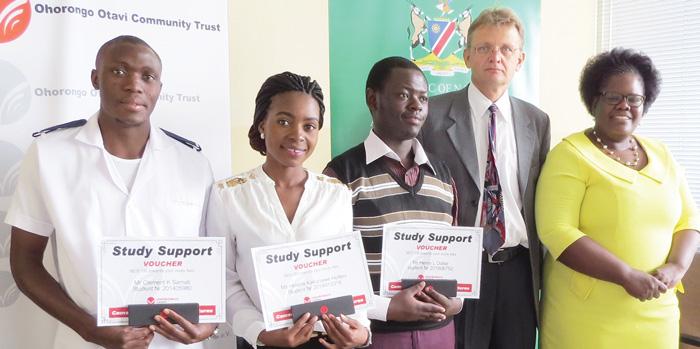
World Health Organisation helps strengthen Hepatitis E testing capacity in local laboratories

Hepatitis E has turned into a major scare where people live in crowded conditions but when it came to detecting the disease, the state laboratory found they lacked certain resources. A plea for support was extended to the World Health Organisation in October this year to help contain the epidemic.
The Namibia Institute of Pathology recently received reagents and other diverse supplies from the WHO of more than N$170,000 to strengthen the capacity of the central laboratory for Hepatitis E antibodies detection
Following the declaration of a virus outbreak in December 2017, the pathology institute has been sending blood samples to South Africa for testing for Hepatitis E antibodies. Since the spread of the outbreak to other regions, laboratory testing has become even more costly and unsustainable and all the tests are done in the laboratory in South Africa, which resulted in delayed results leading to a further delay in identifying new cases.
“Therefore, the World Health Organisation saw a need to strengthen laboratory testing capacity locally to support early diagnosis and treatment for Hepatitis E patients, in an effort to prevent further morbidities and mortalities.”
The WHO added that the improved testing capacity will be rolled-out to selected regional laboratories and health facilities after the successful pilot in Windhoek.
“This will result in improved diagnosis, shorter turn-around times, decentralized testing, improved efficiency and sustainability of diagnostic capacity of both the central laboratory and selected regional laboratories and clinics in Hepatitis E affected areas,” the World Health Organisation stated.












































